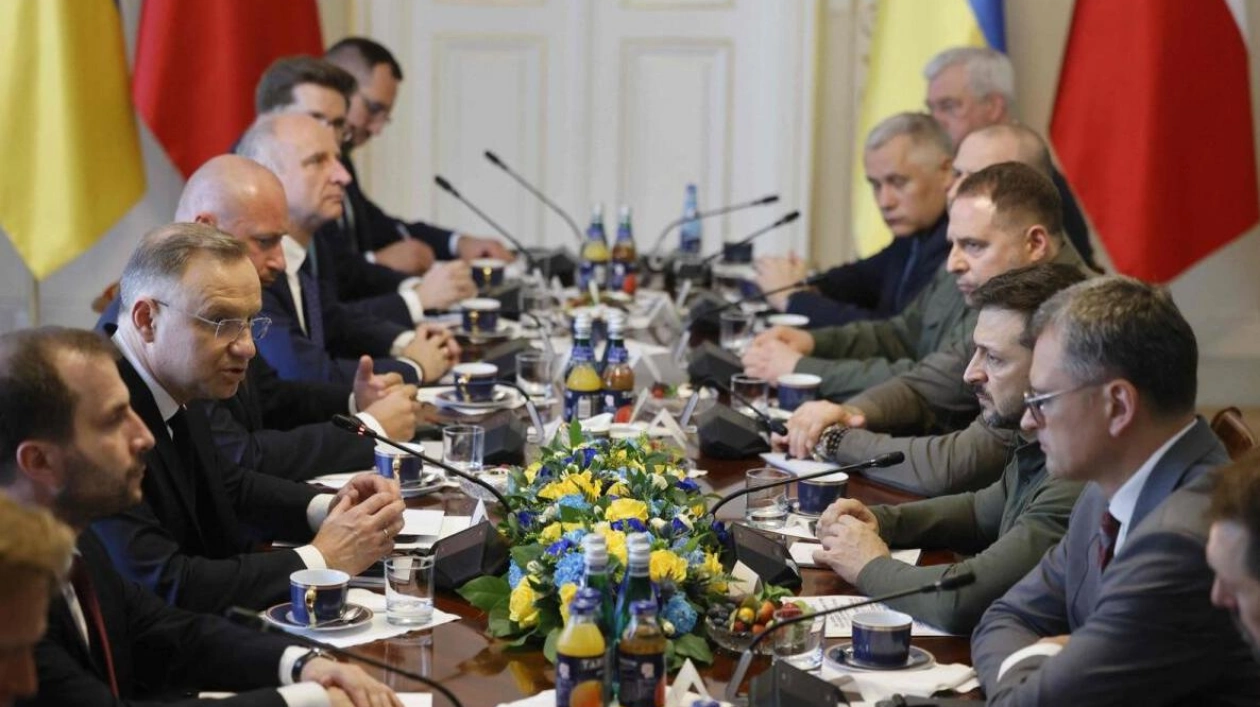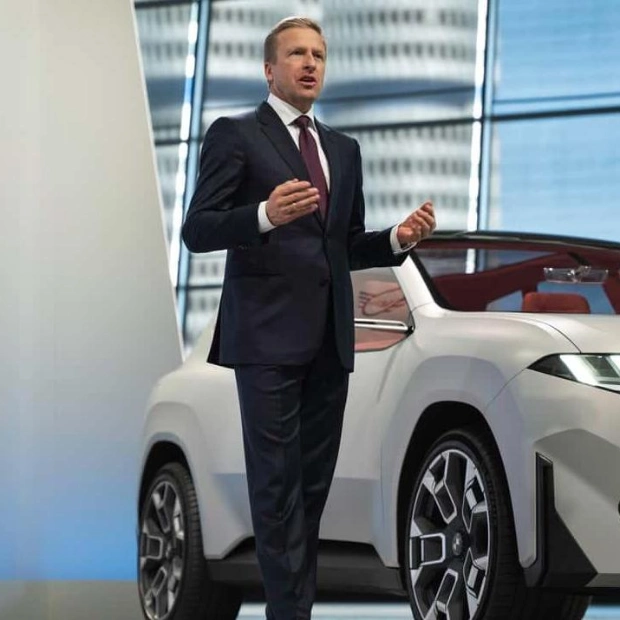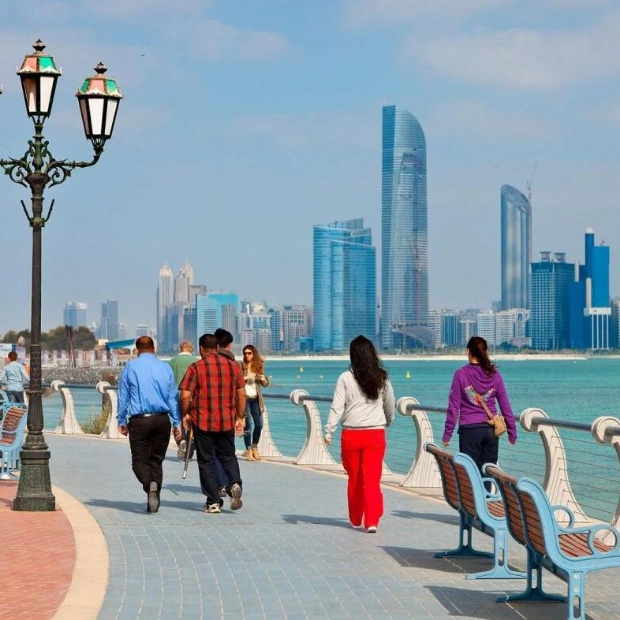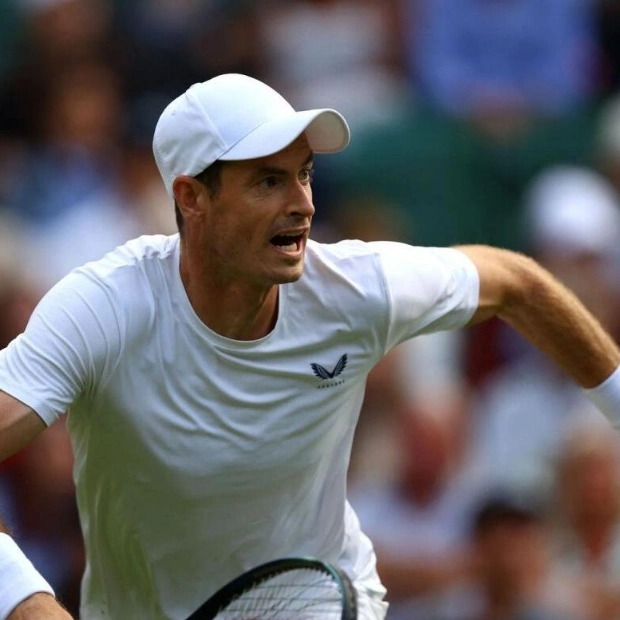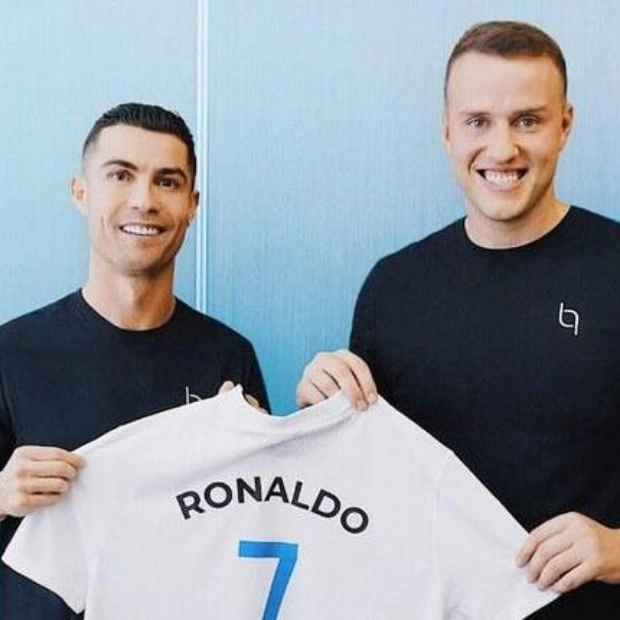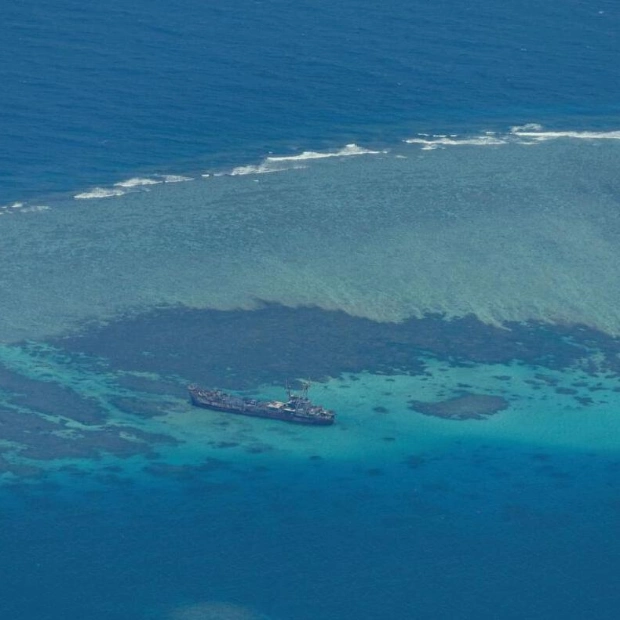Leaders from NATO's 32 member nations are convening in Washington this week for a summit of the transatlantic security alliance, with additional support for Ukraine in its conflict against Russia's invasion being a key topic on their agenda. Ukrainian President Volodymyr Zelenskiy, who has been invited to the summit, can anticipate the following from the July 9-11 meeting, according to NATO officials and diplomats.
Will NATO invite Ukraine to join at the summit? No. NATO makes decisions by consensus, and there is no unanimous agreement among its 32 members to issue an invitation while Ukraine is engaged in war. However, many NATO members, especially those from Eastern Europe, aim to convey that Kyiv is advancing towards membership. At a summit in Vilnius, Lithuania, last year, NATO leaders affirmed that "Ukraine’s future is in NATO" and reiterated their commitment to the 2008 Bucharest statement that Kyiv would join the alliance. This year, many NATO countries intend to declare that Ukraine's path to membership is "irreversible." However, alliance members are still debating the summit declaration, particularly regarding how strongly to emphasize that Ukraine must complete reforms, such as anti-corruption measures, before it can join.
Diplomats indicate that the United States and Germany are among the countries most cautious about advancing membership at this juncture. If Ukraine were to join NATO, other members would be obligated to assist if Ukraine were attacked by Russia, under the alliance's Article 5 mutual defense clause. In a recent interview with Time magazine, U.S. President Joe Biden stated that peace in Ukraine would involve ensuring Russia could never attack the country again. However, he dampened Ukraine's hopes of joining NATO soon, noting that he was not "prepared to support the NATO-ization of Ukraine." Nonetheless, officials say NATO will introduce a package of measures at the summit to aid Ukraine, which they will present as a "bridge to membership."
What will be included in the package? It will feature a commitment to ongoing financial support and a move by NATO to oversee the coordination of arms supplies and training for Ukraine's forces. Although NATO as an organization does not directly supply arms to Ukraine, many of its members are significant weapons providers to Kyiv. The United States, possibly joined by other allies, is expected to announce additional weaponry for Ukraine at the summit, including Patriot air defense systems. Regarding financial support, leaders are anticipated to endorse an agreement among NATO allies to provide 40 billion euros in military aid to Ukraine over the next year, matching the annual amount since Russia's 2022 invasion. The agreement includes a provision to reassess allied contributions at future NATO summits.
NATO has agreed to take over much of the coordination of arms deliveries from the U.S.-led Ukraine Defence Contact Group, an ad-hoc coalition of about 50 nations, also known as the Ramstein group. This move gives NATO a more direct role in the conflict against Russia's invasion while avoiding direct military commitment. The alliance will also coordinate the training of Ukrainian forces, much of which is currently handled by the European Union and Britain. Some diplomats view this as a safeguard against any potential halt in military aid by a future U.S. administration, such as one led by Donald Trump. By placing coordination under a NATO umbrella, alliance military staff gain more autonomy to proceed without direct political interference. However, this would have limited impact, as the U.S. remains NATO's dominant power and the primary supplier of weaponry to Ukraine. If Washington decided to reduce Western aid to Kyiv, it could still do so.
Stoltenberg has announced that the initiative will be managed from a U.S. base in Wiesbaden, Germany, under the command of a three-star general and involving nearly 700 personnel. Hungarian Prime Minister Viktor Orban, who maintains close ties with Russia, has secured an exemption from the initiative. The name of the initiative has been a point of contention, with Germany opposing its designation as a "mission," which could imply NATO sending troops to Ukraine. It is currently referred to as NATO Security Assistance and Training for Ukraine, or NSATU for short.
